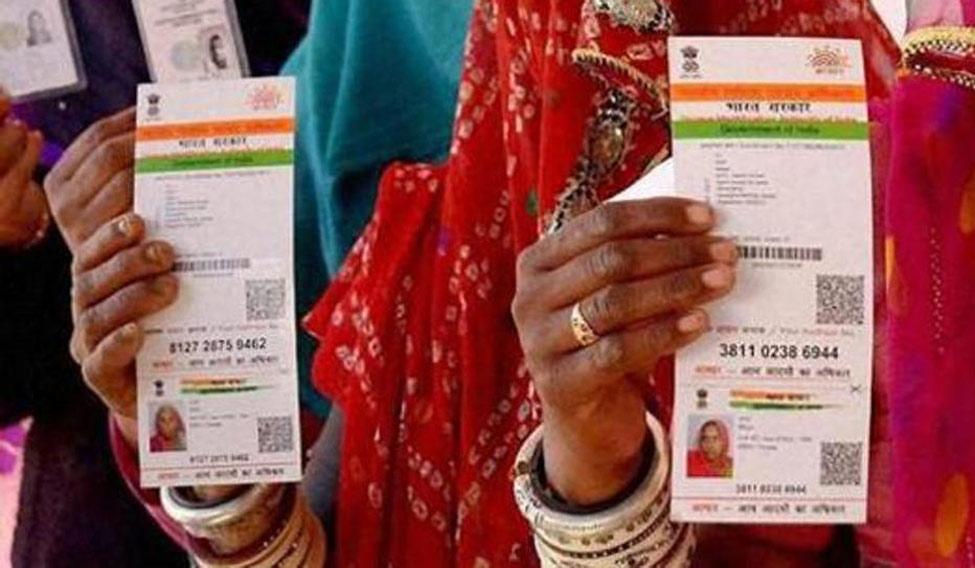On September 28, 2010, the then prime minister Manmohan Singh handed over the first 10 Aadhaar cards of the Unique Identification Authority of India to the residents of a tribal hamlet at Tembhli in Nandurbar district of Maharashtra. Seven years on, problems and confusions regarding Aadhaar cards have yet to be sorted out even as the government urging citizens to link UID with many other services.
With many people still unaware of what it means to have a unique identification, the Indian School of Business (ISB) on Wednesday announced the launch of a nation-wide research initiative on Aadhaar and its potential implications. ISB will engage with researchers and academic institutions from India and abroad to promote an ecosystem of academic research on Aadhaar. The initial phase of the research will cover the impact of Aadhaar in areas such as benefit transfers, financial inclusion, healthcare schemes, public distribution systems and public policy, according to an ISB release.
"The use of Aadhar has been widespread only in the last two years," says Ajith Rangnekar, ex-dean of ISB and current head of the Research and Innovation Circle of Hyderabad. "Fundamentally, this research will be about common classification and cross pattern behaviour about different geographies," he says.
The research will be a part of the Digital Identity Research Initiative (DIRI) which will be supported by the Omidyar Network, a philanthropic investment firm through a grant of $ 2 million for a period of two years.
The announcement coincided with the release of 'State of Aadhaar Report 2016-17', a first of its kind overview of Aadhaar's technological and operational architecture, legal and governance framework.
The report looks into Aadhaar's application in financial inclusion, social protection and its emerging uses in other sectors. The report not just highlights the important areas for future research but also aims to promote a more data and evidence-centric understanding of the Aadhaar ecosystem.
The research is done by a private institute and the data will probably be shared in the public domain, but the point is whether the government will share its data, wonders Ajith.
"We are confident that this research will be path-breaking and will translate into knowledge with immediate application for policy makers, educators, service providers and entrepreneurs," says Rajendra Srivastava, dean, ISB.
India has the largest biometric enabled digital identity system in use. This provides an enormous potential to conduct multi-disciplinary research with outcomes which will have important implications for India and the world.
Since this research will be multi-faceted, ISB will set up a steering committee comprising senior faculty from ISB, academicians, experts in Aadhaar and private sector practitioners who will set the research agenda and related processes for this initiative.
ISB and Omidyar Network have agreed to partner for an initial period of two years, but since Digital Identity is an evolving but under-researched area, ISB is confident that its impact will translate into a long term research opportunity.
"This kind of research can be used by markets or the government, because this research will be evidence based," says Ajith.





